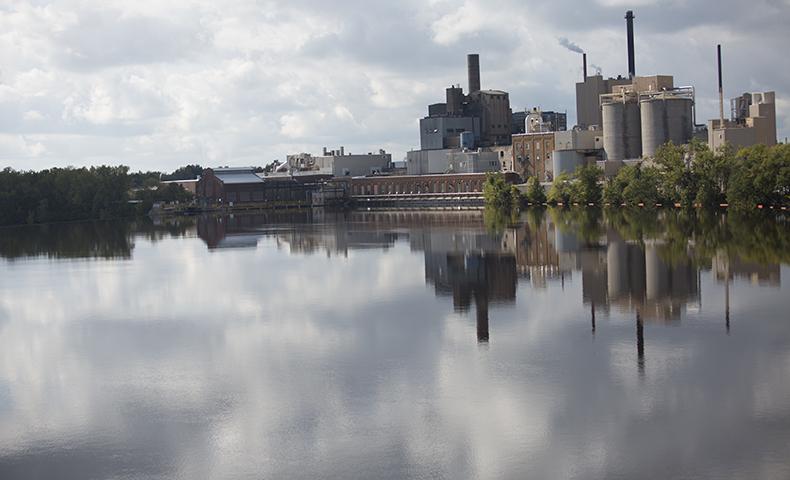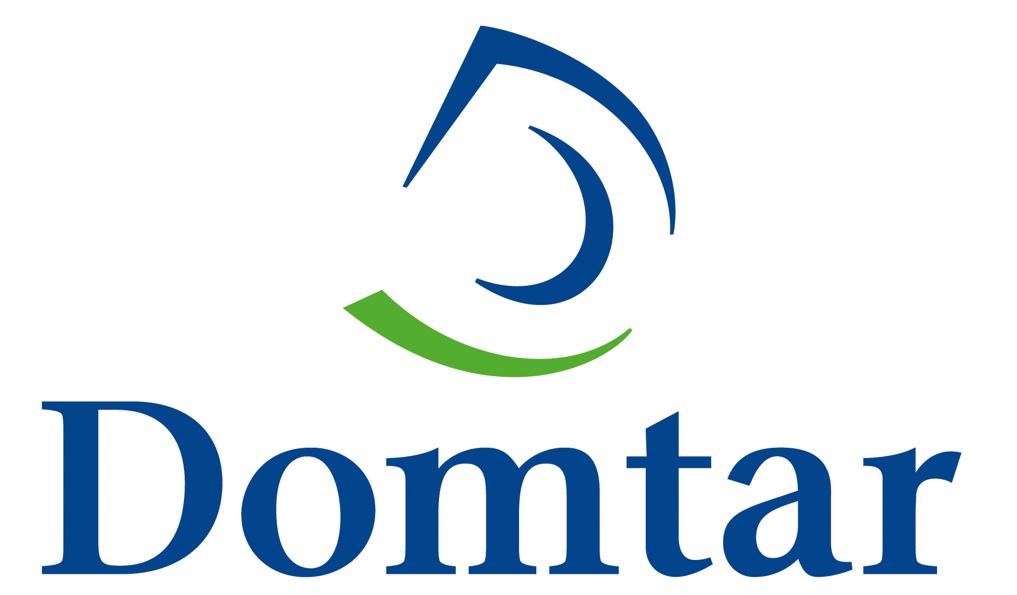Healthy ‘Bugs’ Help Reduce Algal Growth in Wisconsin River

As published on the Domtar Newsroom
With 26 power-generating dams over its length, the Wisconsin River lives up to its billing as one of America’s hardest working rivers. However, there is growing concern about algal growth — specifically green and blue-green algae — in Wisconsin’s waterways.
Much of the algal growth is attributed to high nutrient levels in the water. The vast majority of these nutrients come from nonpoint sources, such as fertilizer runoff from agriculture and contamination from developed urban areas, that eventually reach the river. This is the opposite of a point source, such as our Nekoosa Mill, which returns effluent (or treated wastewater) into the river via a large pipe.
While the regulatory path to control nonpoint sources is unclear, Wisconsin has strict regulations that apply to point sources. As concern over algal growth increases, the state has proposed a requirement for point sources to reduce phosphorous levels in effluent by 80 percent or more. That is where our ‘bugs’ come in.
Learn how these microorganisms are working to keep water clean here.

